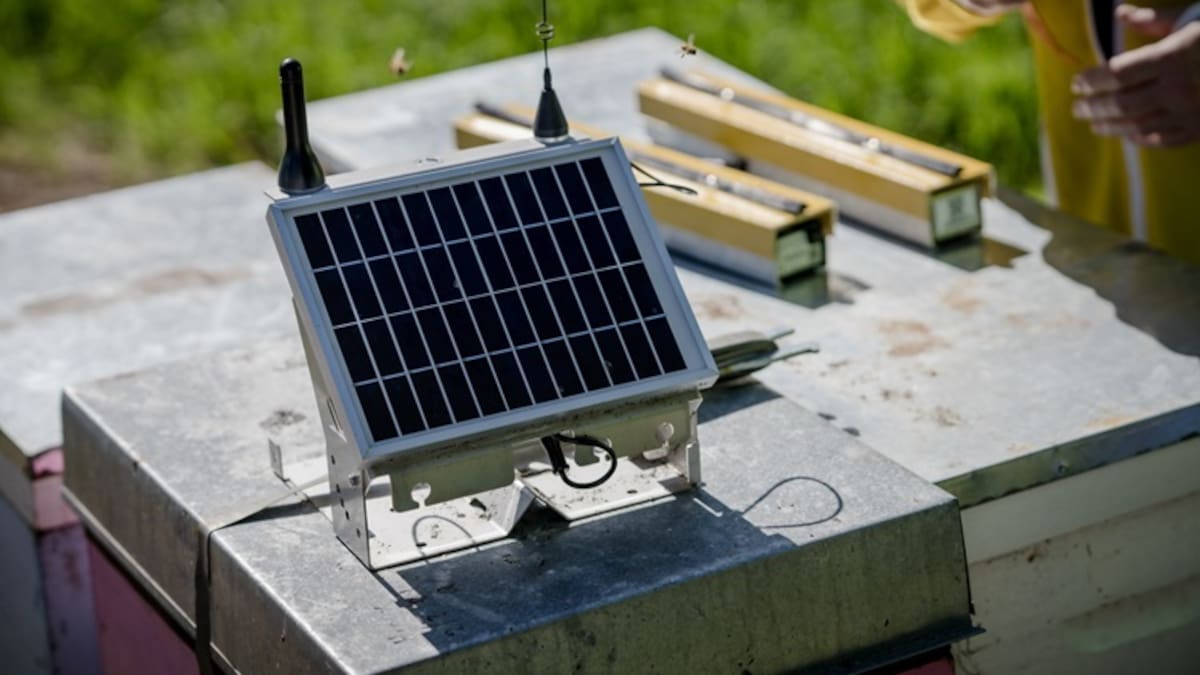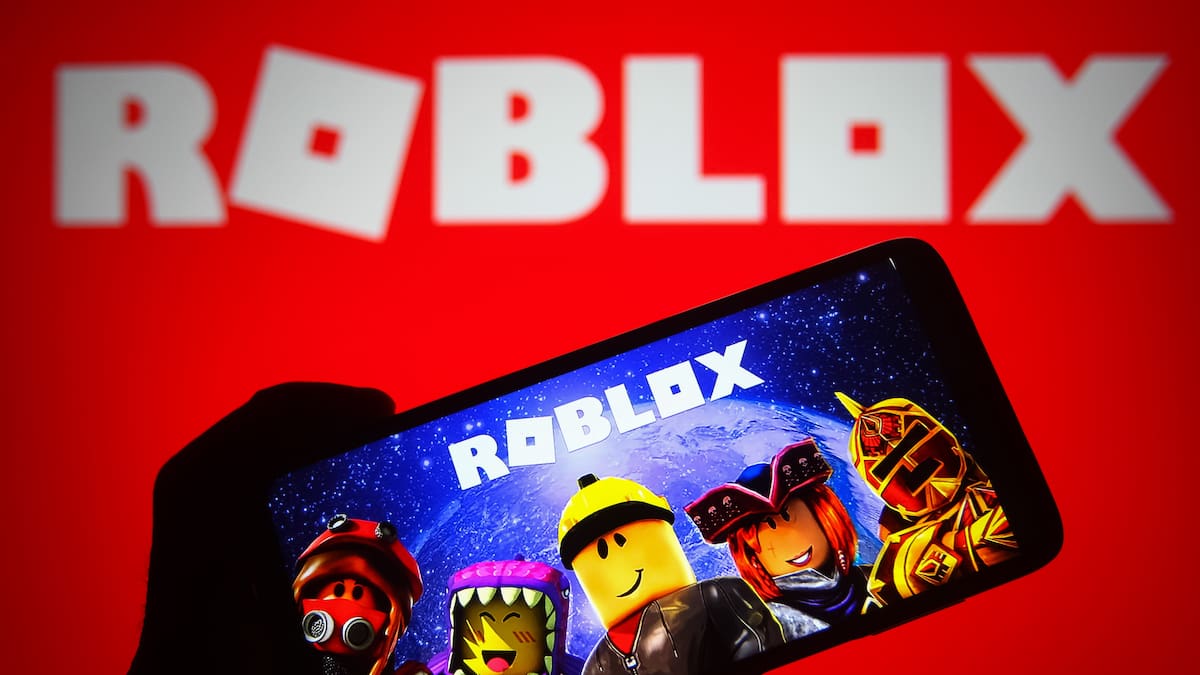Plans vary, with bespoke options available.
“Customers can get in touch through our website so we can advise them on a suitable plan depending on their needs, with connectivity for less than $10 per megabyte.”
While that would be heart-stopping for, say, regular smartphone use, IoT devices typically send tiny pulses of data.
One NZ worked with customers in the run-up to launch, testing the service across the country, the telco’s enterprise director Mike Purchase says.
They included APIS Solutions, which uses IoT solutions to provide commercial beekeepers with up-to-date information about their hives.
“Until now, it was complicated and expensive to connect hives outside of the traditional cell tower network,” APIS Solutions chief executive Andrew Thompson says.
“The One NZ Satellite service provides a night and day difference when it comes to the ability to connect and cost. Now using the same off-the-shelf mobile module that we use to connect to a traditional mobile tower, our customers can monitor, measure and make smarter decisions to reduce costs, optimise hive yields and hive health anywhere in NZ with a clear line of sight to the sky,” he says.
“This is also a great example of NZ companies working together to deliver solutions that have domestic and international appeal.”
Purchase says that since One NZ launched its first satellite-based service in December 2023: “Our partner Starlink has continued launching satellites at pace – there are now more than 600 in the sky, meaning that the capacity has doubled and the availability has also dramatically improved, reducing the time it takes to send and receive SMS and now for our IoT customers, data as well.”
The SpaceX-owned Starlink now has some 7600 low Earth orbit satellites in its network in total, but only newer ones support Direct to Cell.
Rivals have their own satellite-to-mobile options on the way.
In March, 2degrees said it had signed a deal with Texas-based AST SpaceMobile for the service that will launch next year.
At the same time, Spark said it had inked a contract “with a United States-based satellite provider to offer customers satellite-to-mobile services from early 2026″.
Industry chatter suggests that Spark has done a deal with Starlink, but the telco will neither confirm or deny. One NZ won’t comment on the length of its exclusivity period.
2degrees and Spark’s new deals come on top of their separate contracts with Lynk, a putative Starlink rival that so far only has a handful of satellites in orbit with no timeline to commercial launch.
Chris Keall is an Auckland-based member of the Herald’s business team. He joined the Herald in 2018 and is the technology editor and a senior business writer.






